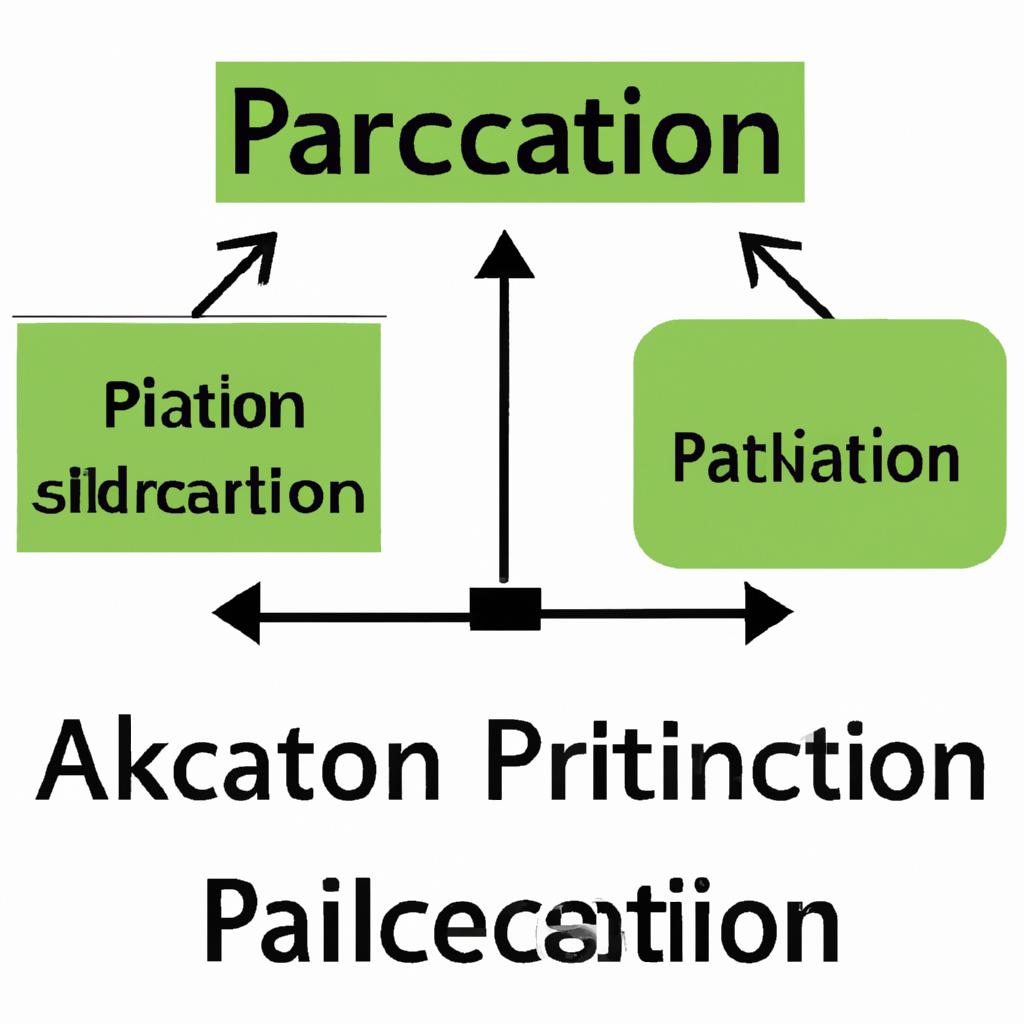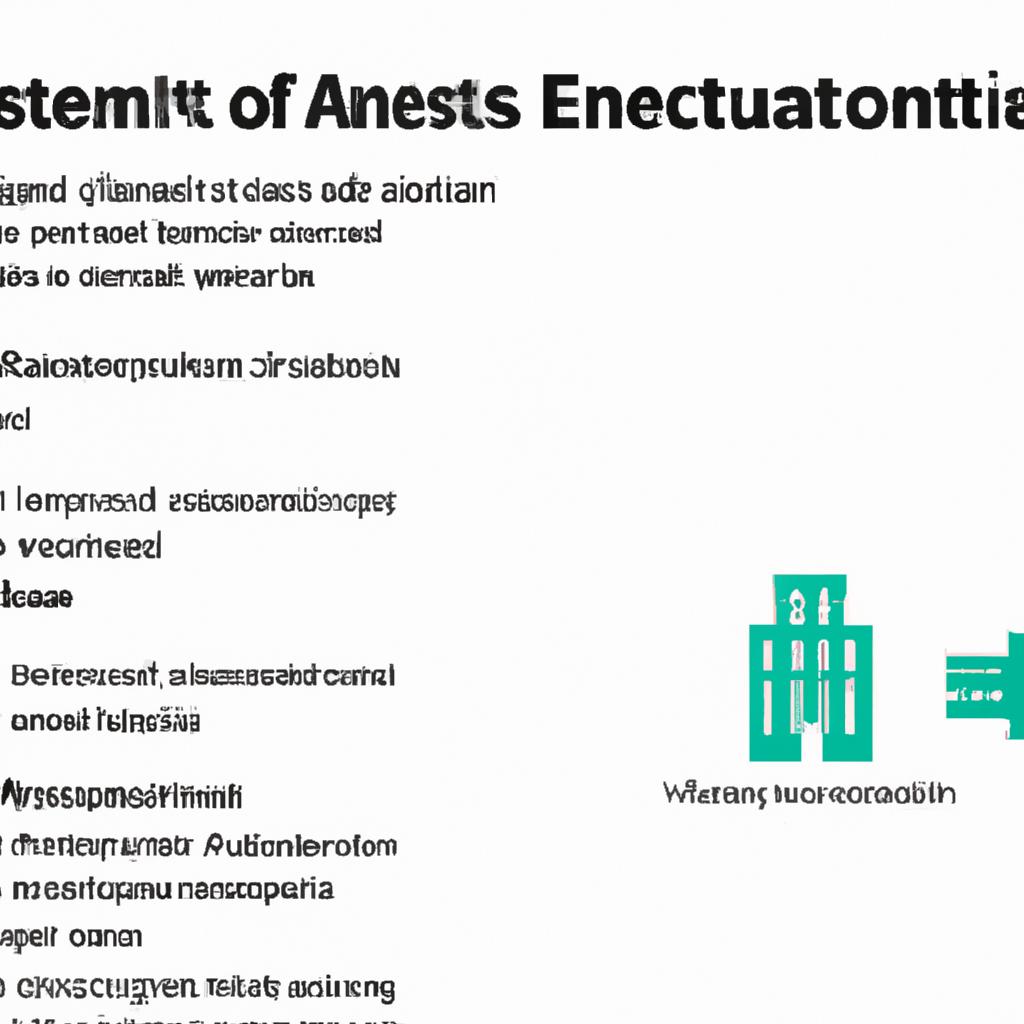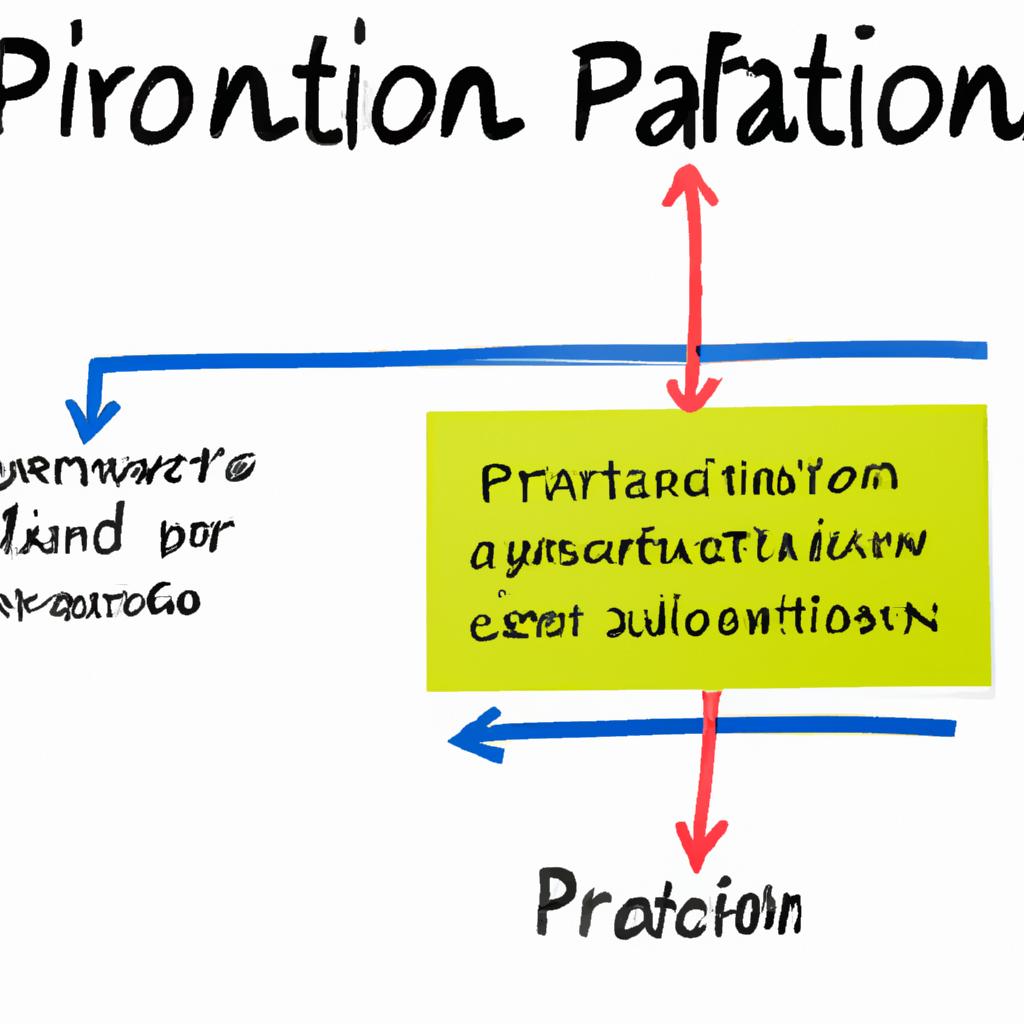In the intricate realm of real property law, a partition action is a legal mechanism that offers a resolution to the often contentious issue of co-ownership of real estate. As seasoned practitioners in the field of estate planning and property law at Morgan Legal Group in New York City, we understand the complexities and nuances of partition actions. In this article, we delve into the definition of partition actions, shedding light on its implications and procedures for individuals navigating the intricate landscape of real estate co-ownership disputes.
Partition Action: Understanding the Legal Process and Implications
A partition action is a legal process used to divide co-owned property between parties who are unable to agree on how to divide the property themselves. This type of legal action is typically used in cases where there are disputes between co-owners over the use, possession, or distribution of jointly owned property. In a partition action, the court will intervene to determine how the property should be divided and may order the sale of the property if it cannot be physically divided.
Understanding the legal process and implications of a partition action is essential for any party involved in a co-ownership dispute. It is important to consult with an experienced attorney who can guide you through the process and protect your rights throughout the proceedings. The outcome of a partition action can have significant financial and emotional implications, so it is crucial to seek legal advice to ensure that your interests are represented and protected.

Essential Steps to Initiate a Partition Action in New York
Once you have made the decision to pursue a partition action in New York, there are several essential steps that must be taken to initiate the process. The following steps outline the necessary actions to move forward with a partition action:
- Evaluate the Property: The first step is to evaluate the property in question to determine if a partition is necessary. This involves assessing the ownership interests, determining the type of co-ownership, and identifying any potential disputes among the co-owners.
- Hire Legal Representation: It is highly recommended to hire an experienced real estate attorney who specializes in partition actions. A skilled attorney will guide you through the legal process, protect your rights, and advocate on your behalf in court.

Analyzing the Factors Influencing the Outcome of a Partition Action
Partition Action Definition
In a partition action, co-owners of real property seek a court order to divide the property among themselves. This legal process is typically used when the co-owners cannot agree on how to use or divide the property. The outcome of a partition action is influenced by several key factors that must be carefully analyzed.
Some of the factors that can influence the outcome of a partition action include:
- Type of property: Whether the property is residential, commercial, or agricultural can impact the court’s decision on how to divide it.
- Number of co-owners: The more co-owners involved, the more complex the partition action can become.
- Financial considerations: The financial situation of each co-owner, as well as the value of the property, can play a significant role in the court’s decision.

Expert Recommendations for Success in Partition Action Proceedings
When entering into partition action proceedings, it is crucial to seek expert recommendations to ensure success in the legal process. One key recommendation from professionals in the field is to conduct thorough research and gather all necessary documentation related to the property in question. This includes deeds, titles, surveys, and any other relevant paperwork that may impact the partition action.
Additionally, it is recommended to seek the guidance of an experienced attorney who specializes in partition actions. A knowledgeable lawyer can provide invaluable advice on the best course of action to take, as well as represent your interests in court if necessary. It is important to choose a legal professional who has a proven track record of success in partition action cases and who can effectively navigate the complexities of the legal system.
Q&A
Q: What is a partition action?
A: A partition action is a legal process used to divide or separate property that is jointly owned by two or more individuals.
Q: When is a partition action necessary?
A: A partition action is typically necessary when co-owners of a property cannot agree on how to divide or use the property.
Q: How does a partition action work?
A: In a partition action, the court will order the property to be divided fairly among the co-owners, or if dividing the property would be impractical, the court may order the property to be sold and the proceeds divided among the co-owners.
Q: What are the different types of partition actions?
A: There are two main types of partition actions: partition in kind, where the property is physically divided among the co-owners, and partition by sale, where the property is sold and the proceeds divided.
Q: How long does a partition action typically take?
A: The length of time a partition action takes can vary depending on the complexity of the case and the willingness of the parties to cooperate. It can take several months to years to resolve a partition action.
Future Outlook
In conclusion, understanding the concept of partition action is essential for navigating property disputes and ensuring fair resolutions for all parties involved. By delving into the intricacies of this legal process, individuals can gain a clearer understanding of their rights and responsibilities when it comes to shared property ownership. Ultimately, being informed and proactive in addressing partition actions can lead to smoother transitions and more harmonious relationships amongst co-owners. So next time you find yourself caught in a property division dilemma, remember the power of partition action – it may just be the key to unlocking a satisfactory solution for everyone.
 Partition Action Definition: Understanding the Process of Splitting Property Equitably
Partition Action Definition: Understanding the Process of Splitting Property Equitably
When individuals co-own a property, whether it be a home, business, or land, complications can arise when one or more wish to terminate their ownership. This is where partition action comes into play. Partition action is the legal process of dividing a co-owned property between owners who are unable to come to an agreement. While this process may seem straightforward, there are many intricacies involved that individuals should be aware of before embarking on this journey. In this article, we will delve deeper into the partition action definition, its types, and the general process involved.
Understanding Partition Action
Partition action is a legal process that allows co-owners of a property to terminate their joint ownership and divide the property amongst themselves. This can occur when co-owners no longer wish to co-own the property, when they cannot come to an agreement about the use or management of the property, or when one owner wishes to sell their share but the other owner(s) cannot or will not buy them out. This process can be initiated by any co-owner and typically requires court intervention to resolve any disputes.
Types of Partition Action
There are two main types of partition action: partition by sale and partition in kind. Partition by sale involves the sale of the entire property and the proceeds are divided equitably amongst the co-owners. This type of partition action is typically used when the property cannot be physically divided, such as in the case of a commercial building or a large parcel of land. Partition in kind, on the other hand, involves the physical division of the property between co-owners, such as splitting a family home or dividing a piece of land.
The Process of Partition Action
The first step in the partition action process is for one of the co-owners to file a petition with the court requesting partition. The petitioner must also serve all other co-owners with a copy of the petition. Once this is done, the court will hold a hearing to determine whether partition is appropriate. If the court determines that partition is necessary, it will then decide on the type of partition – either by sale or in kind.
If partition by sale is chosen, the court will appoint a disinterested third party, such as a real estate agent, to handle the sale of the property. The proceeds will then be divided between the co-owners according to their ownership interests. If partition in kind is chosen, the court will divide the property using a method that is deemed equitable, such as dividing the land into equal sized plots or allocating specific areas of the home to each co-owner.
Benefits and Practical Tips for Partition Action
One of the main benefits of partition action is that it allows co-owners to sever their ties without the need to involve other parties. This can be particularly beneficial in cases where co-owners are not on amicable terms or no longer wish to have joint ownership. It also provides a clear and legal process for dividing the property in a way that is equitable for all parties involved.
However, partition action can also be a lengthy and costly process, especially if there are disputes among co-owners. It is important for individuals to carefully consider all factors and potential outcomes before initiating a partition action, and to consult with a legal professional for guidance and representation throughout the process.
Case Studies and First-hand Experience
One real-life example of partition action is the case of Odak v. Przybylski (2008). In this case, two siblings inherited a property from their parents, but could not agree on its division. After several attempts at mediation and failing to come to an agreement, one of the siblings filed for partition action. The court eventually ordered a partition by sale, which resulted in the property being sold at a lower price due to the siblings’ ongoing disputes.
In another case, Kaur v. Singh (2012), a brother and sister inherited a property from their father and were unable to agree on its use, with the brother wanting to continue living in the home and the sister wanting to sell it. The sister filed for partition action and the court decided on a partition in kind, resulting in the home being physically divided between the siblings with each owning a separate part of the property.
Conclusion
In conclusion, partition action is the legal process of dividing a co-owned property between owners who are unable to come to an agreement. It can be initiated by any co-owner and typically requires court intervention, resulting in either a partition by sale or a partition in kind. While it can be beneficial in severing ties between co-owners, it is important for individuals to carefully consider all factors and potential outcomes and seek professional legal guidance throughout the process.

